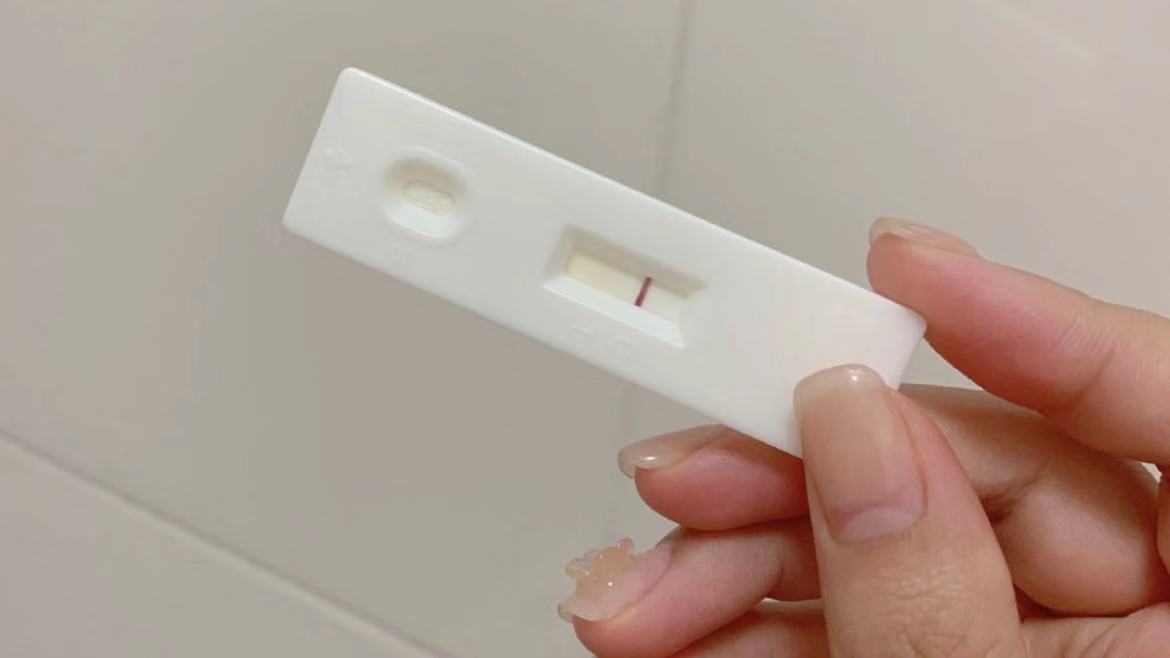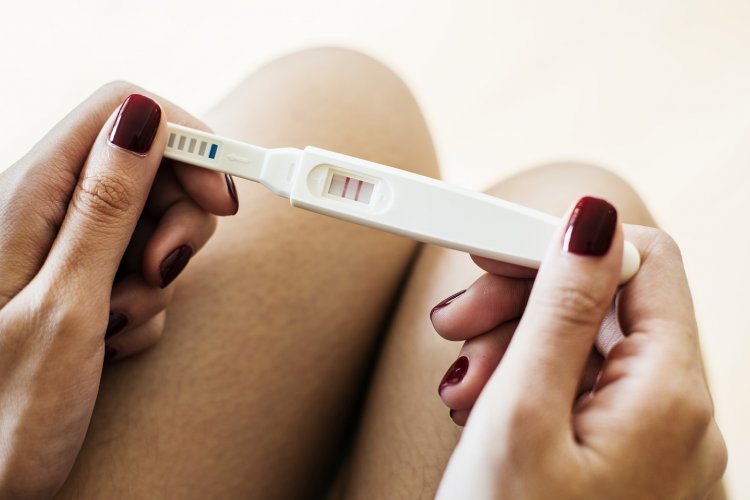Is Beijing Becoming An Infertile City?
While Beijing has recently loosened family planning policies to allow its residents to be able to have more than two babies, many are complaining that they lack the financial ability to take care of another child. Others, however, have postponed the time to have a baby until they've achieved a solid financial and career foundation. When these women finally decide to have children, usually somewhere around the age of 35, they are surprised to find they cannot, even with assistance from things like fertility drugs.
In fact, infertility rates have been on a rapid rise in Beijing, and China in general. It's estimated roughly 15 percent of Chinese couples who are infertile. According to data from Peking University Third Hospital, outpatient services have seen about 600,000 couples visit their clinic for assistance with pregnancy annually in 2016. But with such an alarming number of people seeking assistance with pregnancy, many are asking: why are more and more people not getting pregnant anymore?
There have been many theories. One posits frequent night-shifts, as well as irregular sleeping habits and stress, are disrupting our normal reproductive cycles. It's estimated about 5-8 percent of people in Beijing work night shifts. Bartenders, food-service people, and freelancers all have extremely irregular schedules that may require them to work at different times. Besides irregular work hours, young people often stay up late, past midnight or later, and many are heavily invested in video games or playing on their phones, which eats away a huge chunk of time they could be sleeping.

Another theory has to do with environmental pollutants. A recent study has suggested being exposed in places with severe air pollution can increase the risks of infertility by 20 percent. Sources of contaminants such as car gases, factory smoke and noise pollution can all negatively affect health. Cars alone have emitted about more than 700,000 tons of pollutants annually in Beijing, making them the largest source of contamination. The study also indicates that the longer women stay in heavily-polluted areas, the harder it becomes for them to get pregnant. All the toxic chemicals in the air can cause endocrine disorders, which in turn can disrupt reproductive health.

In addition to environmental hazards, dietary habits could also be to blame. We live in a world where we are constantly exposed to heavily processed, unclean, or even spoiled foods that can upset stomachs or cause some digestion issues. A recent scandal involving two outlets selling dead crabs has once again brought food security issues into the spotlight. Vegetables and fruit, which sometimes have pesticide residues, and meat containing huge amounts of hormone residues, can also cause issues.

Facing these dilemmas, many women in Beijing are grappling with what could be termed a roller coaster ride of infertility. As one netizen put it: “ It is not that I don’t want a kid, it's just I can’t have one.”
“I have a job that’s highly stressful and I barely have time to exercise and I'm a night owl. I feel like such things can all increase the chance of having a high infertility rate” another netizen said. What issues do you think might be contributing to infertility? Let us know in the comments below.
Read:Meet Sharee Hebert, Who Stays Sane With The Help Of The Beijing Guild
Images: Weibo, Unsplash







